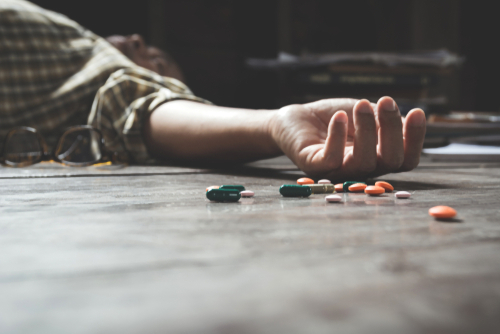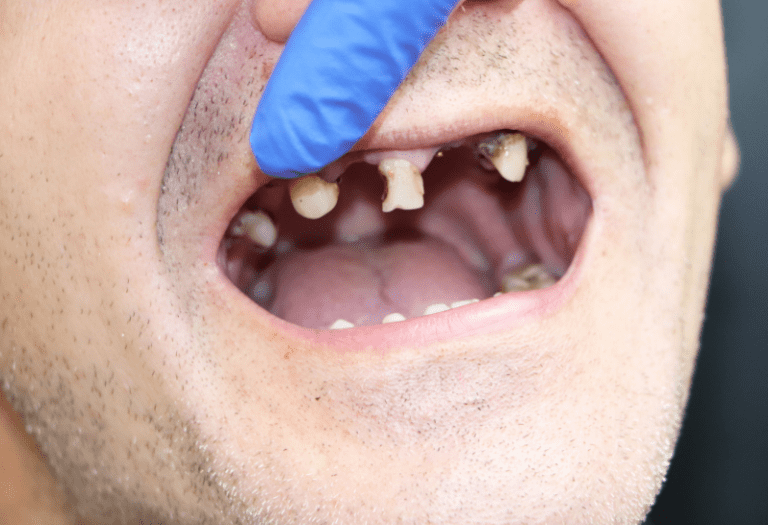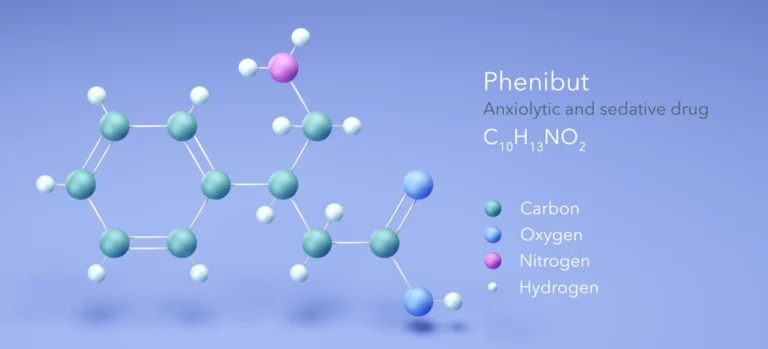Benadryl, a common over-the-counter medication, can be a lifesaver during allergy season when used responsibly. However, like many medications, Benadryl can pose significant risks when abused, and may even result in addiction. In this article, we will discuss whether Benadryl is addictive, the side effects of being addicted to Benadryl, and what happens when you withdraw from Benadryl.
What is Benadryl?
Benadryl is a brand name for an allergy medication called diphenhydramine. It is an antihistamine drug that is commonly used to relieve allergy symptoms, such as sneezing, runny nose, itchy or watery eyes, and itching of the throat or nose. When taken in low or regular doses (as directed on the box), it can produce drowsiness or sedation.
Diphenhydramine works by blocking the effects of histamine, a substance produced by the body during an allergic reaction. In addition to its antihistamine properties, diphenhydramine can cause drowsiness, and it is sometimes used as a sleep aid in over-the-counter products. Due to being easily accessible as an over-the-counter medication, Benadryl abuse has recently become a popular way to experience similar effects to being intoxicated, resulting in a surge in Benadryl addiction.

Is Benadryl Addictive?
Yes, Benadryl can be addictive. While Benadryl is not generally considered to be highly addictive when used as directed, it can potentially be abused by some individuals seeking its sedative effects.
The sedative effect of Benadryl can lead to an altered state of consciousness, drowsiness, and reduced anxiety. For individuals seeking an escape from the stresses of daily life or the allure of a peaceful night’s sleep, this can be tempting. While the majority of individuals use Benadryl responsibly and without the intent of becoming addicted, some may find themselves caught in a cycle of gradually increasing doses to maintain these desirable relaxing effects. This is where the line between appropriate use and dependency can become blurred, often resulting in individuals becoming addicted to Benadryl.
Learn More: Pseudoaddiction Vs. Addiction: What You Need to Know
What Happens If You Get Addicted to Benadryl?
If you or someone you know happens to get addicted to Benadryl, it’s essential to understand the signs and what may happen if you get addicted. Before we address the potential effects of Benadryl addiction, it’s important to recognize the signs that you may be experiencing this addiction. Some of these signs include:
- Compulsive Use: Individuals addicted to Benadryl may experience a strong compulsion to use the drug, even when there’s no medical need. Cravings become a driving force, and thoughts about Benadryl use become persistent.
- Escalation of Dosage: Addiction often leads to a gradual increase in the amount of Benadryl consumed. Individuals may take higher doses than recommended to achieve a more pronounced sense of relaxation.
- Using Beyond Medical Necessity: If individuals continue to use Benadryl even when there is no medical need, it may indicate addiction. Individuals may use it for its sedative effects, seeking an escape from the stress of daily life.

The Physical & Mental Effects of Benadryl Addiction
Benadryl addiction can have a range of physical and mental effects on individuals who abuse or become addicted to the medication. These effects can vary in intensity depending on factors such as the dose, frequency of use, and individual body compositions. As Benadryl addiction may affect various physical and mental health conditions, it’s important to discuss the range of symptoms.
Some of the most common physical effects include:
- Cognitive Impairment: Benadryl abuse can lead to cognitive impairments, including confusion, disorientation, and difficulty concentrating.
- Hallucinations and Delusions: High doses of Benadryl can induce hallucinations and delusions, which can be distressing and disorienting. In severe cases, this may lead to psychosis.
- Cardiovascular Effects: Being addicted to Benadryl can result in various cardiovascular issues, including irregular heart rhythms, palpitations, increased heart rate, and changes in blood pressure.
- Gastrointestinal Problems: Misusing Benadryl can cause digestive issues, such as constipation, severe nausea, and vomiting. This can also result in issues regarding elimination and affect urinary retention.
- Hazardous Conditions: Ingesting Benadryl at high doses can result in life-threatening and hazardous health conditions. These conditions include slowed breathing, seizures, or death.
Some of the most common mental effects include:
- Tolerance Development: Over time, individuals may develop tolerance to the desired effects of Benadryl, meaning that they need to take increasing amounts of the drug to achieve the same level of sedation or euphoria.
- Mood Instability: Benadryl addiction can lead to mood swings, irritability, and emotional instability. These mood swings can come from the increased risk of developing anxiety, paranoia, and intense feelings of dread.
- Social and Occupational Impairment: This addiction can negatively impact relationships, work, and social activities, leading to social isolation and job-related difficulties.

Withdrawing From a Benadryl Addiction
After recognizing that you or a loved one has developed a Benadryl addiction, you may decide to stop taking Benadryl. While this is the correct course of action to begin the recovery process, some individuals may experience withdrawal. This process can be challenging as an individual’s body and mind adjust to life without Benadryl.
Withdrawal from Benadryl addiction can cause various symptoms, such as restlessness, anxiety, nausea, vomiting, muscle aches, and insomnia. These withdrawal symptoms can act as an incentive for individuals to continue using the drug, as they seek relief from the uncomfortable and difficult symptoms. Additionally, being addicted to Benadryl can create psychological dependence, causing individuals to have intense cravings and compulsive thoughts about the drug, even when it is no longer needed. This psychological hold can make quitting more difficult and perpetuate the cycle of addiction.
Read More: How to Find the Best Options for Addiction Counseling Near You
Benadryl Addiction Treatment Services in Knoxville, TN
If you or a loved one are stuck in the cycle of addiction to Benadryl or experiencing withdrawal, it is time to receive the proper treatment to reach sobriety. At Knoxville Recovery Center, we provide individualized, holistic, and evidence-based addiction treatment services to help individuals struggling with various substance abuse and addictions, including Benadryl addiction. We offer medical detox services, addiction treatment, aftercare preparation, and a therapeutic nutrition program to ensure our clients receive the best care possible.
Contact us today to learn more about our treatment programs and conquer your addiction.








